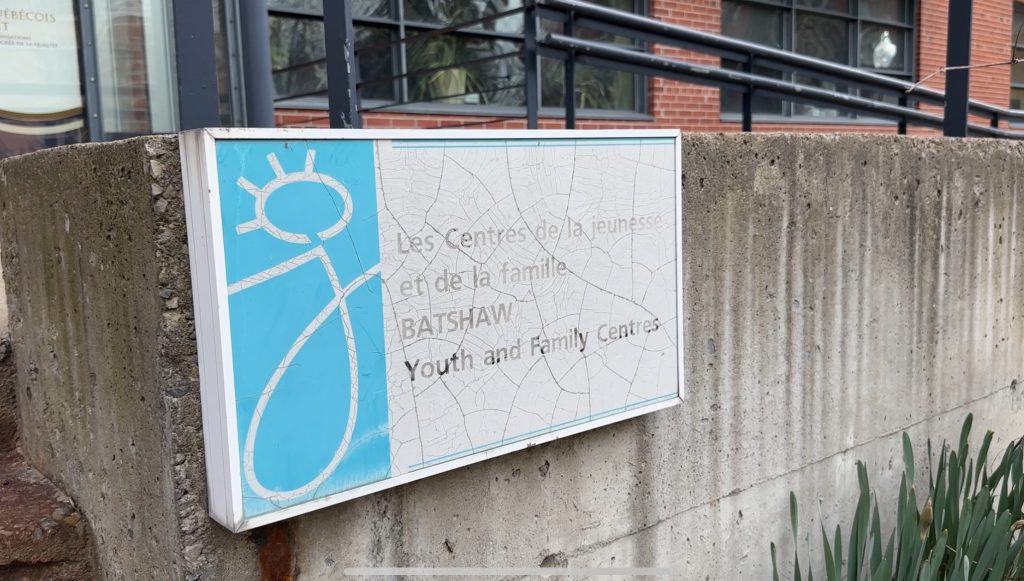UN urges religious to fight harmful messages

Posted May 12, 2020 9:42 am.
UNITED NATIONS — The United Nations secretary-general is urging religious leaders to challenge “inaccurate and harmful messages” fueling rising ethno-nationalism, hate speech and conflict as the coronavirus pandemic circles the globe.
Antonio Guterres warned “extremists and radical groups are seeking to exploit eroding trust in leadership and feed on people’s vulnerability to serve their own ends.”
He says the role of faith leaders in addressing the challenges of COVID-19 can play “a pivotal role.”
The U.N. chief cites an “alarming increase in violence against women and girls” as the pandemic spreads. Guterres appealed to religious leaders “to categorically condemn such acts and support shared principles of partnership, equality, respect and compassion.”
He also called on the leaders to join the fight against misinformation about COVID-19.
London
In London, more than 8,000 people died with the coronavirus in British nursing homes since the first recorded death from March 2 to May 1.
The U.K.’s Office for National Statistics says in the two-month period there were 8,312 recorded deaths in care homes in England and Wales that mentioned COVID-19 on the death certificate. The figure doesn’t include deaths in Scotland or Northern Ireland, which would add several hundred to the total.
In all, there were 35,044 deaths involving the coronavirus in England and Wales to May 1.
The figure is higher than the official government toll, which stood Monday at 32,065, because it includes cases in which COVID-19 was suspected but not confirmed by a test.
The number of deaths among people with the virus, both in hospitals and elsewhere, is starting to fall. Nick Stripe, head of health analysis at the statistics office, says the total number of weekly deaths is declining but remains well above average for the time of year.
Washington
In Washington, Dr. Anthony Fauci says the government is working on several potential vaccines for COVID-19.
“We have many candidates and hope to have many winners,” he told the Senate Health, Education, Labor and Pension committee. “In other words, it is many shots on goal.”
Despite the rapid pace of work on vaccines, Fauci was offering no guarantees. He says, “The big unknown is efficacy.”
Fauci heads the National Institute of Allergy and Infectious Diseases and is the government’s leading expert on the pandemic. He says he hopes to have a vaccine in advanced trials by late fall or early winter.
Rome
In Rome, Italian Premier Giuseppe Conte says six women are joining a key committee advising the government about how the country can safely emerge from lockdown.
That comes after female researchers, scientists and lawmakers noted women weren’t represented in Italy’s management of the pandemic.
The premier’s office says Conte made the appointments “out of the need to guarantee gender representation” in the delicate phase. Since Italy’s devastating COVID-19 outbreak began, the 20-member technical-scientific committee had been all-male.
Among the female experts who now join the committee are a biologist with expertise in immunology and an expert on safety in the workplace. Conte also added five women to a separate ad hoc advisory body that is headed by a male Italian industrialist and made up mainly of men. Among the women joining that advisory body will be a sociology professor and a founder of Italy’s first university center dedicated to fighting domestic violence.
Earlier this month, female lawmakers lodged a Parliamentary motion calling on Conte to remedy gender imbalance on the advisory panels. For weeks, Italians had been briefed daily by only male doctors, epidemiologists and other experts about developments in the pandemic.
Beirut
In Beirut, Lebanon’s government decided to reinstate a national lockdown for four days after a spike in reported cases of infections and complaints from government officials of lax implementation of social distancing measures.
It called on citizens to stay home starting Wednesday night until Monday morning, avoiding outings except for emergencies. Lebanon began a phased plan to relax a national lockdown late last month that allowed small businesses and restaurants, among other things to reopen, and shortened a nighttime curfew.
But after a few days of single-digit cases detected, there was a spike of reported infections this week, including among Lebanese returning home during repatriation programs who didn’t observe quarantine measures.
Lebanon, a country of more than 5 million, has recorded only 870 infections and 26 deaths after imposing early lockdown measures. A nationwide testing campaign helped traced the virus.
Berlin
In Berlin, the reproduction rate for the coronavirus rate has remained above the key threshold of 1 for three days in a row in Germany, but health authorities say it is more of a statistical issue than cause for concern.
Lars Schaade, vice president of the Robert Koch-Institute, Germany’s public health agency, says the latest so-called R-rate was 1.07, indicating that every 100 people infected would infect 107 others. Experts say it’s important to keep the figure below 1 to prevent the pandemic from expanding.
But he says there is a lag in the data. The current “R” figures are based on information from April 28 through May 3, while actual new cases reported in the last three days have been fewer than 1,000 per day.
He says the RKI will be providing an adjusted R figure “better suited to illustrate longer-term trends” in addition to the unadjusted figure.
Paris
In Paris, France’s prime minister Edouard Philippe says newly elected local officials will take office next week, after the election process was suspended for over two months amid the coronavirus crisis.
Phillipe says 30,000 out of 35,000 municipalities in France have elected officials on the first round of local elections held on March 15, just two days before the country entered into lockdown.
Elections were suspended and outgoing officials maintained in their former position.
As the country reopens this week, most municipal councils will take office on May 18, Philippe says. They will have until May 28 to elect their mayors.
No decision has been made yet for about 5,000 municipalities, including Paris and other big cities, where a second round is needed. It is “too soon” to decide on sending voters back to the polls, Philippe says.
Prague
In Prague, church bells were tolling across the Czech Republic for one minute at noon to thank health personnel on International Nurses Day for their work amid the coronavirus pandemic.
There’re some 80,000 nurses in the Czech Republic, and more than 340 have been infected with COVID-19.
Health Minister Adam Vojtech says, “All who belong to the health care system are our heroes in the crisis situations.”
The daily increase in COVID-19 cases has been under 80 for 11 straight days in the Czech Republic, according to Health Ministry figures released on Tuesday. A total of 283 have died.



